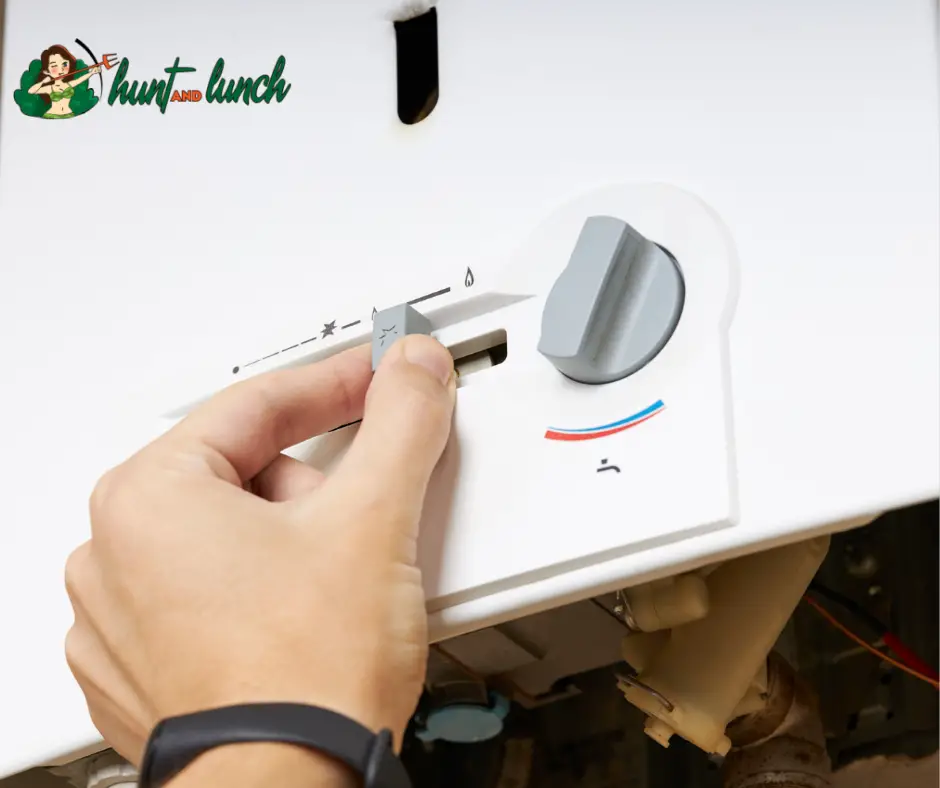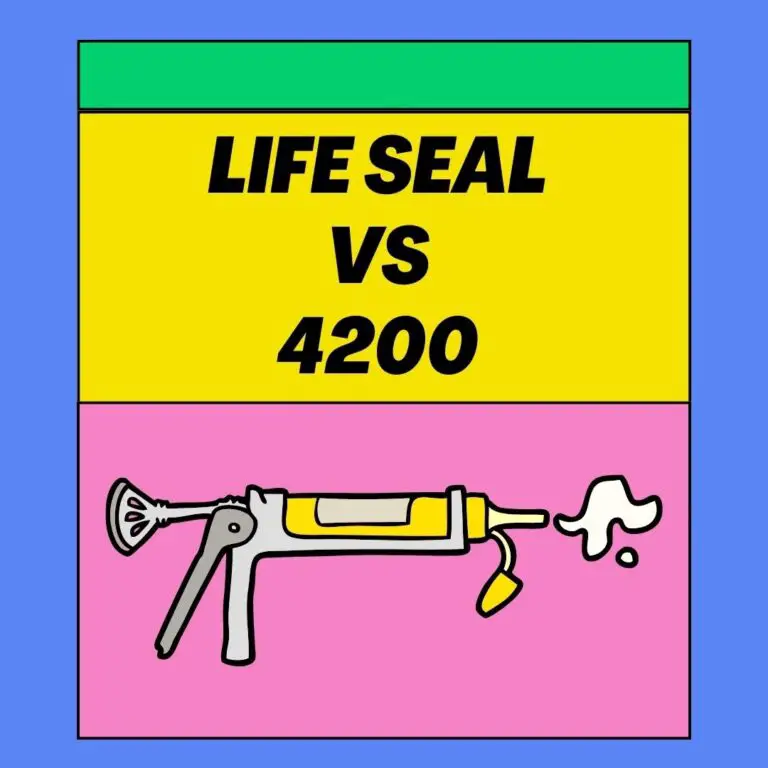
When it comes to heating your campervan, there are many options on the market. The type of heater you choose will depend on your budget and the space you want to heat. The first step is deciding how many BTUs (British Thermal Units) per cubic foot heater for your campervan. This will determine how much power you need and which heater to go for.
For instance, if you have a campervan with 100 square feet of floor space and want to turn up its heat as high as possible without freezing yourself out, you’ll want a heater that produces at least 1,200 BTUs per hour. If you have 200 square feet of floor space and want to turn up its heat as high as possible, burning nothing about (and maybe even making some toast), you’ll need something closer to 2,500 BTUs per hour.
What Should You Consider Before Installing Heating In Your Campervan?
Before you install a heating system in your campervan, there are a few things to consider.
The size of your campervan
The size of your campervan will determine how many BTUs you need. The more space and people in the van, the more BTU (British Thermal Units) you’ll need. If you have a small campervan with a limited sleeping area, it may not be necessary to run an electrical heater at all.
Cost of installation
The costs of installation vary depending on the manufacturer. The average cost for an installed heater is around $500-1000, but if you need to install a fuel line or propane tank, that price can rise to between $800-1500.
Wood stoves are another option if you’re looking for a cheaper alternative to electric or gas heaters. While they might be less expensive than other options, they do require regular maintenance and cleaning.
Fuel costs
This is another variable factor that requires significant consideration. Many factors determine how much fuel costs.
- Your location: The price of fuel depends on where you live. In some areas, buying Propane or electricity may be more expensive than in others.
- Type of fuel: Propane and electricity have different costs, depending on the source and your supply rate. They can use other types of fuels for heaters, such as liquid petroleum gas (LPG) or kerosene. Compare prices from different suppliers to find out which provides the best value for your needs before committing to any one supplier.
- Size of heater: The BTUs delivered by a heater are determined by its design; the length determines how much heat will be generated consistently over time while remaining within safety guidelines.
Cost of Maintenance
The maintenance costs of a campervan heater are generally low. You may need to change the fuel every few weeks depending on how often you use it and how much heat is produced. It’s also essential to clean out the heater periodically, primarily if it’s been used for an extended time without being turned off.
The only other significant expense is replacing your heater if it breaks down, which can be done once every five years, depending on how often they’re used and how well they is cared for.
What Fuel Options Do I Have For My Campervan Heater?
When you’re looking to buy a campervan heater, it’s a good idea to examine the available fuels. This can make a big difference in your comfort level on the road and how much money you spend on fuel over time. Here are some of the fuel types you can use for a campervan heater:
Propane campervan heater
A propane heater is the most popular choice for conversion vans because it’s easy to use and relatively cheap compared to other gas heaters. It’s portable and easy to use in many situations.
However, some disadvantages may make this option less attractive. Propane is a fossil fuel that produces greenhouse gasses when burned, so it’s not good for the environment. If you’re concerned about this, you can use an electric or wood-burning heater instead.
Butane campervan heater
Butane is another common choice because it burns cleaner than Propane, with no smell or residue left after use. It’s a hydrocarbon gas, which means that it consists of carbon and hydrogen atoms. Butane burns very cleanly and doesn’t produce much smoke or soot.
Butane comes in pressurized cans or as liquid fuel at grocery stores and hardware shops (though this type is more expensive). If you’re buying butane from a shop, make sure that they have tested the quality of their product by measuring its octane rating; a higher number indicates better quality fuel.
Kerosene campervan heater
Kerosene heaters are a good option for those looking for a portable heater. They can be used indoors or outdoors, depending on your chosen model.
These types of heaters use kerosene as fuel and do not require electricity to work. On the downside, kerosene heaters are expensive. They also produce more carbon dioxide and could be more efficient regarding BTU output per hour.
Wood
Wood-burning heaters provide ample warmth with little chance of carbon monoxide poisoning from fumes generated when burning logs indoors since they’re vented outside through chimneys. However, these tend to be large units designed specifically for home use rather than mobile applications such as those found in vehicles like RVs, campervans, or trailers.
Wood heaters are generally cheaper than other options. They offer a more environmentally-friendly option when compared to different fuel types like natural gas. They’re also easy to install and maintain.
Electric heaters
Electric heaters are the most efficient but also the most expensive. Depending on your budget and needs, you can choose from infrared radiant heaters, ceramic electric heaters, or panel-style air conditioners.
An electric heater is a good choice if you’re looking for a way to stay warm in any weather conditions and don’t mind paying extra. The best part about an electric heater is that it can be used with a thermostat. So even if it gets too hot or cold outside your campervan or inside, the temperature will automatically adjust itself accordingly.
Electric heaters tend to be more expensive than other heating systems because they’re so versatile: they can be used as either heating or cooling systems, depending on what’s needed. That said, these are only suitable for people who want something cheap.
Conclusion
The number of BTUs per cubic foot is one way to determine how much heat a campervan heater will produce. The higher the BTU rating, the more heat it produces. However, there are many factors you should consider before deciding on the best option for your campervan. These include size, fuel type, installation, and maintenance costs, which may not be included in the initial price tag.

I’m Cindy, a free-spirited outdoor enthusiast. Since childhood, Our family frequently goes on weekend camps and my father, who was a skilled hunter, used to teach my siblings and me valuable things about wildlife survival. I made this blog to share my knowledge, experiences, and tips.

![Why Do I Always Get Sick After Camping? [8 Reasons and Tips]](https://huntandlunch.com/wp-content/uploads/2023/09/9-1-768x768.jpg)




